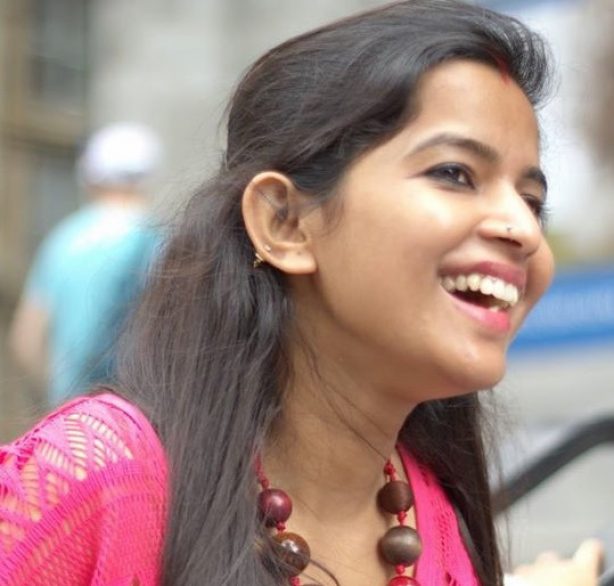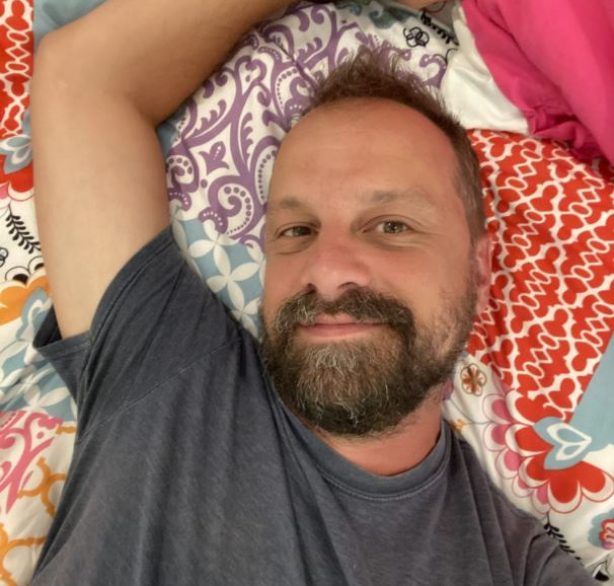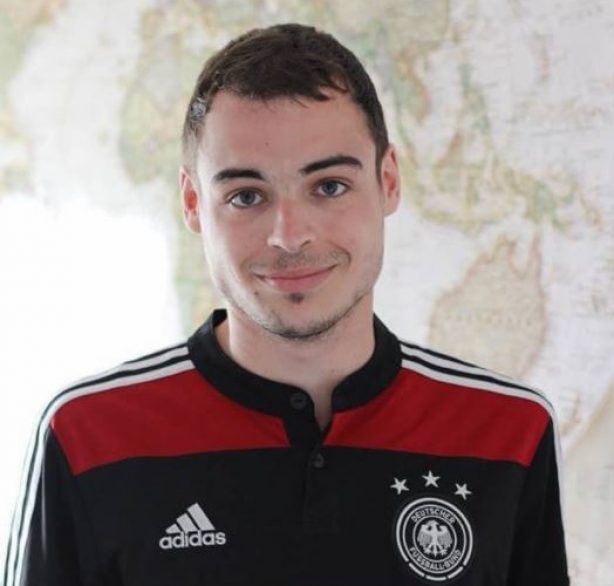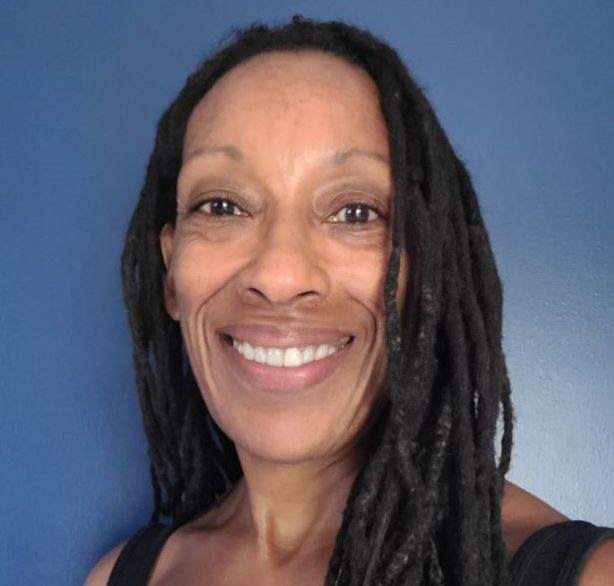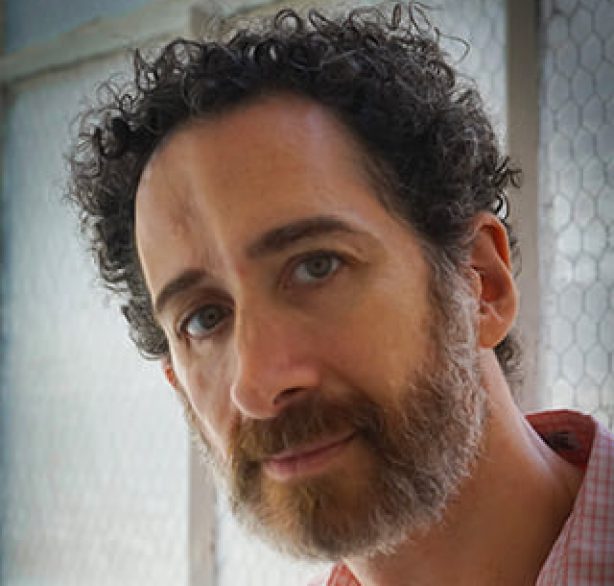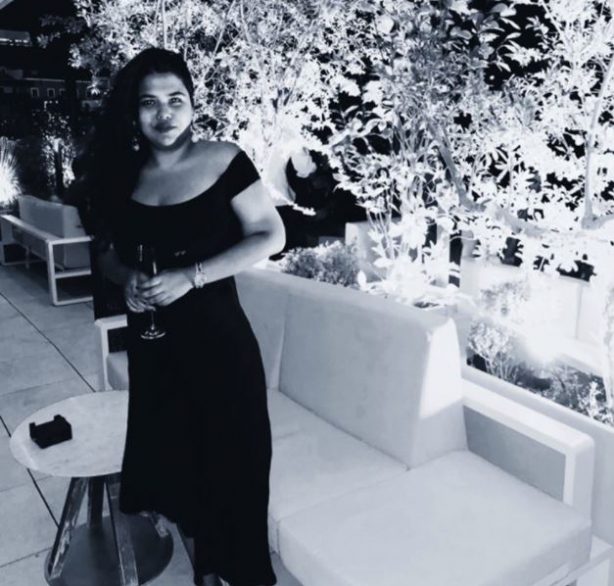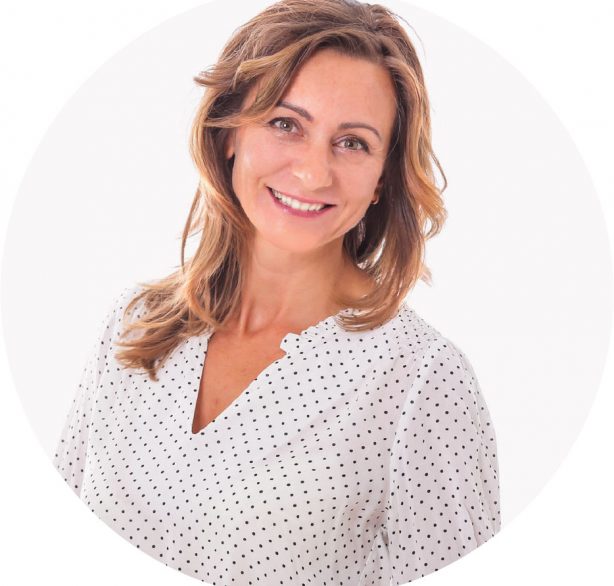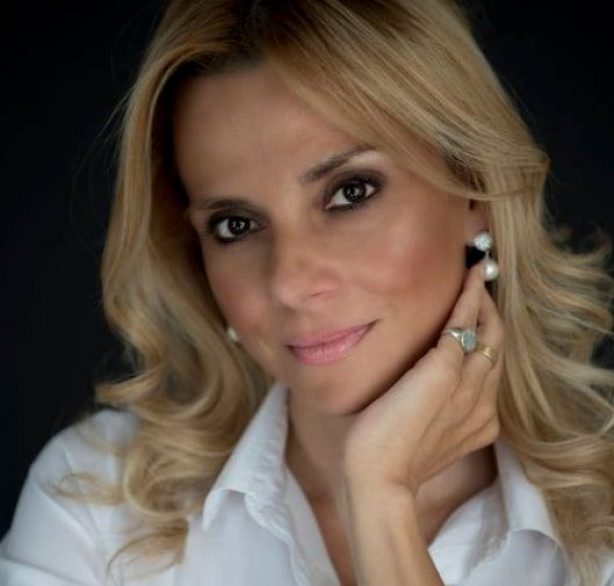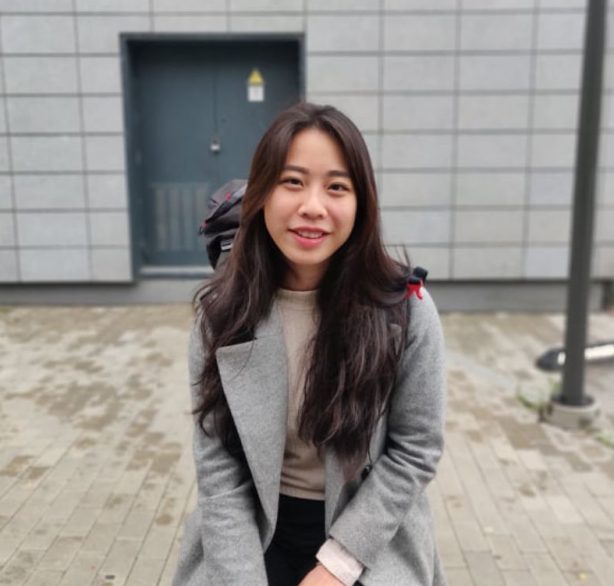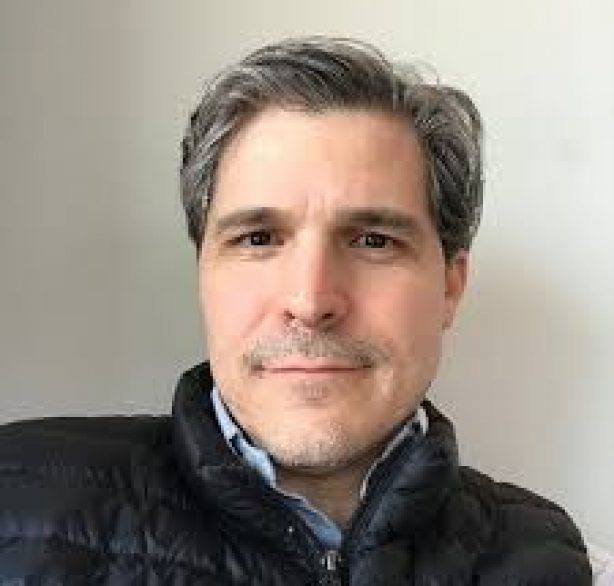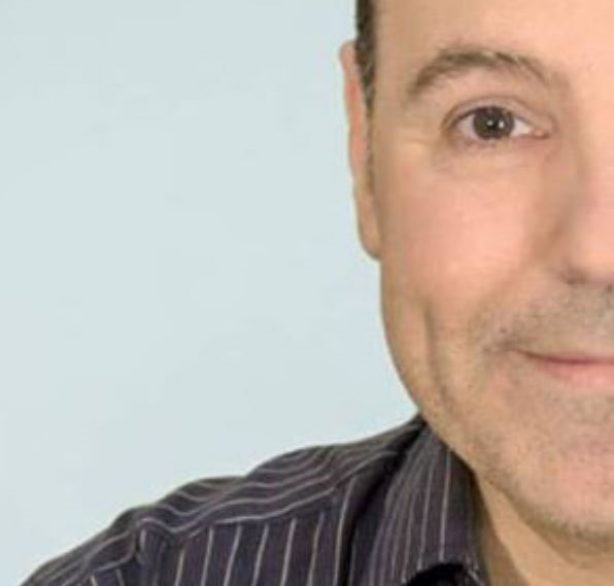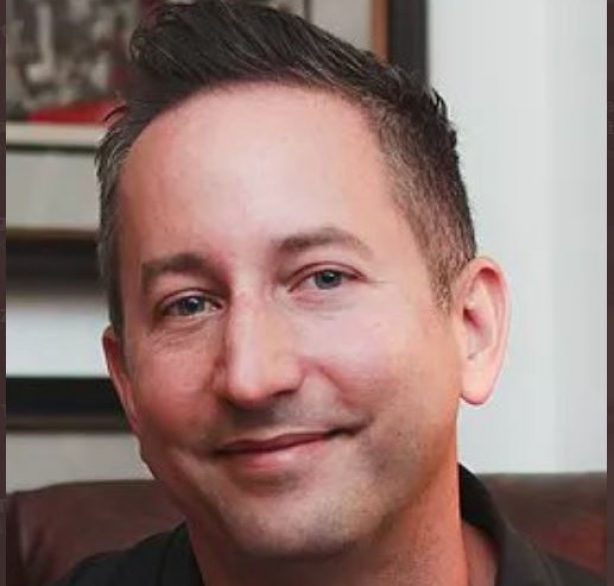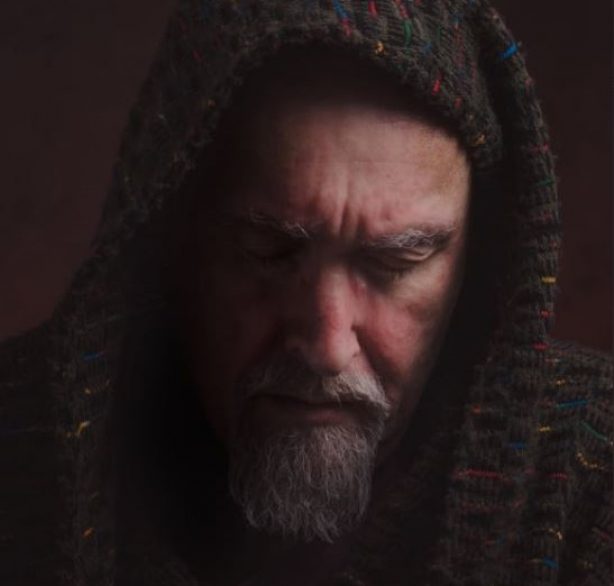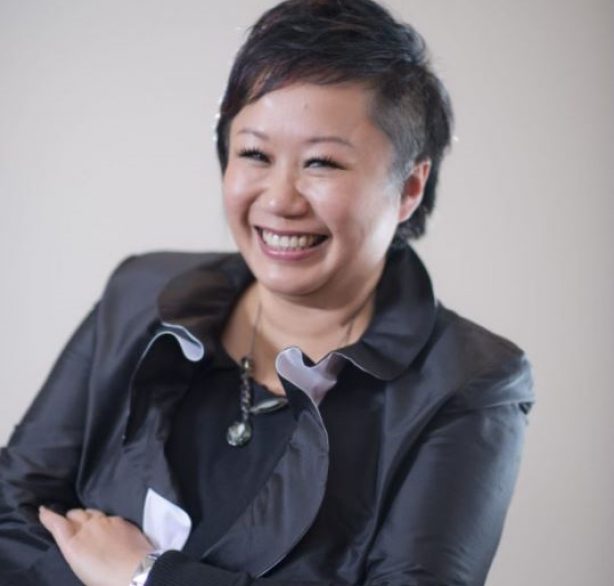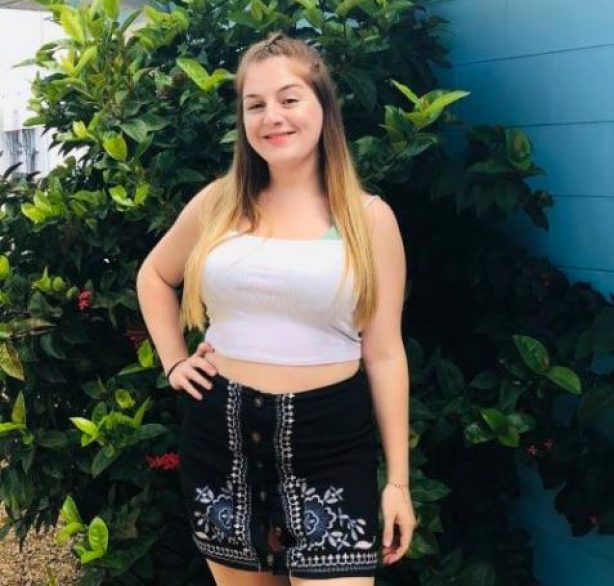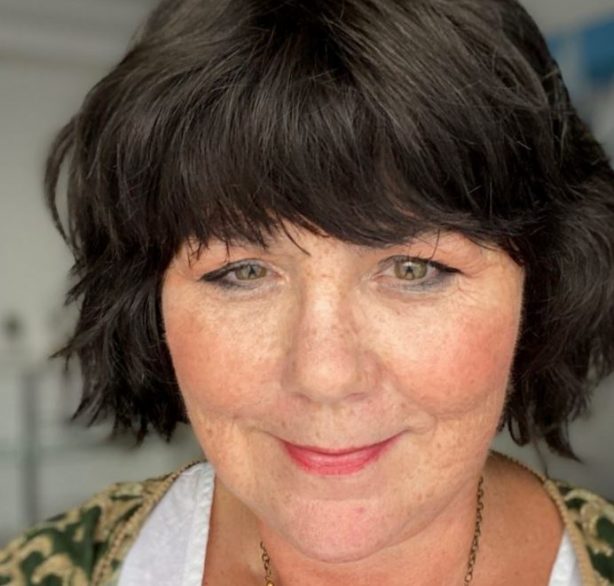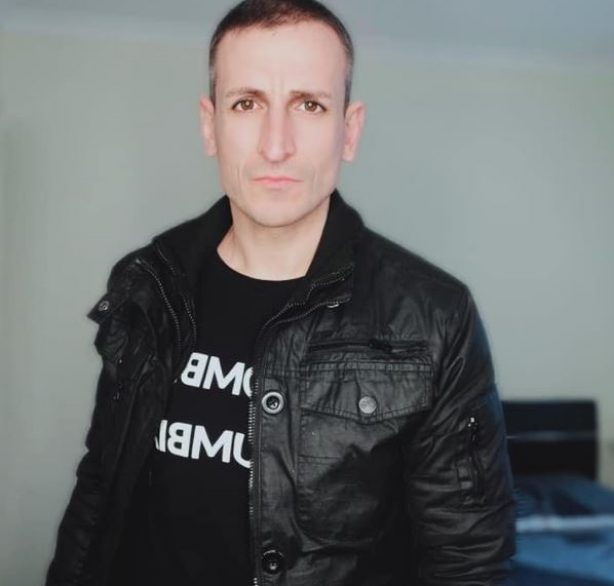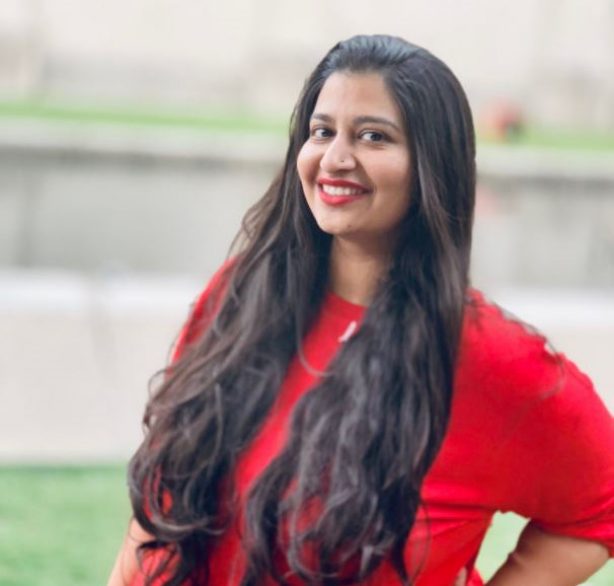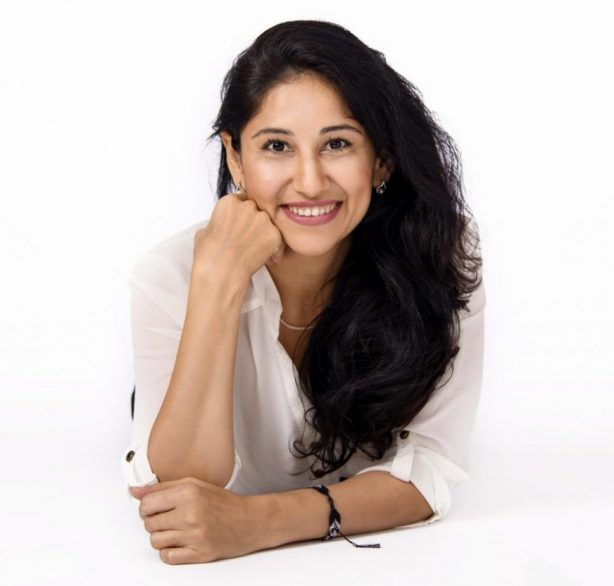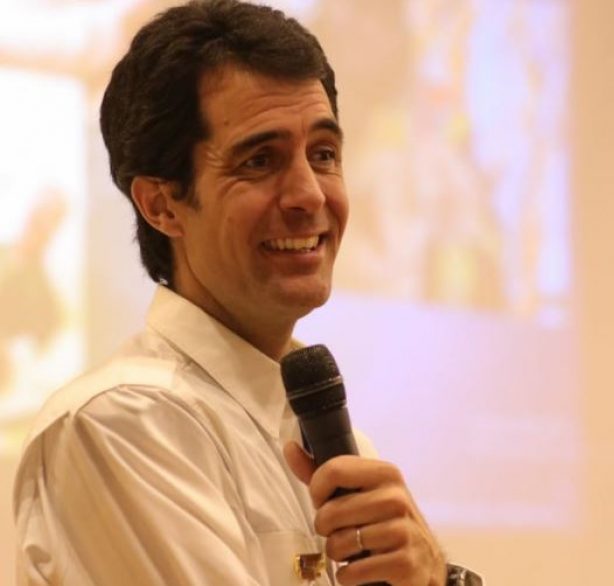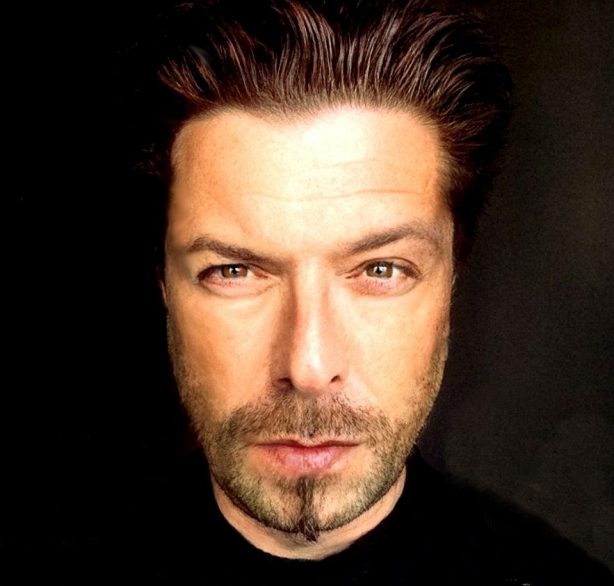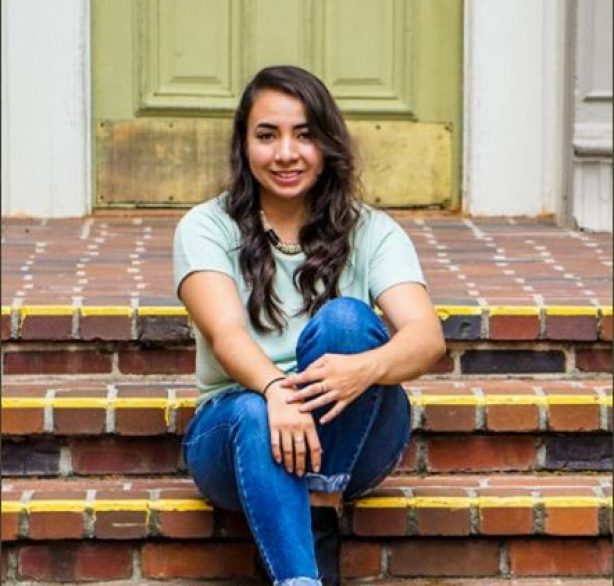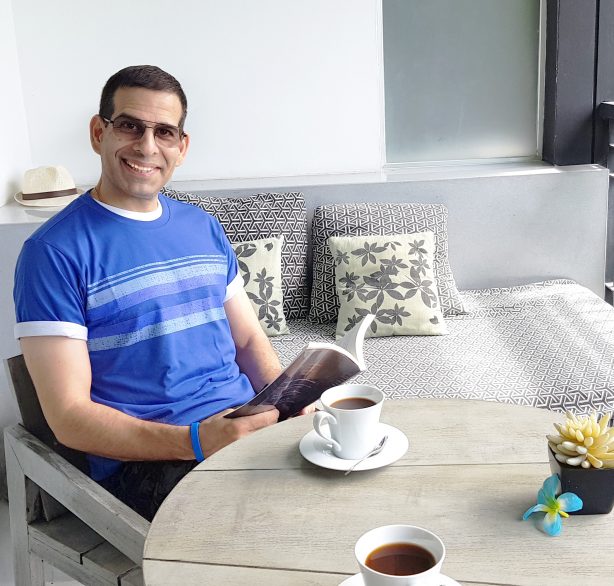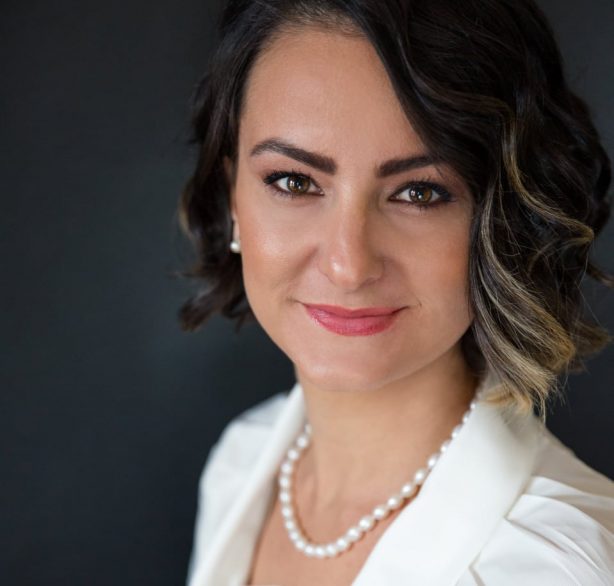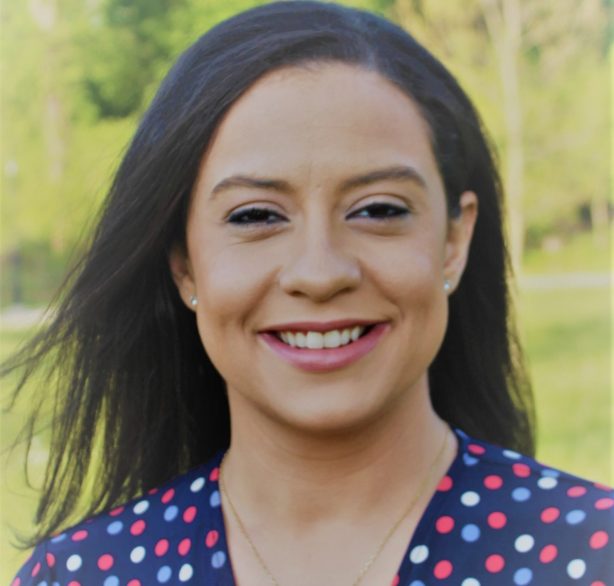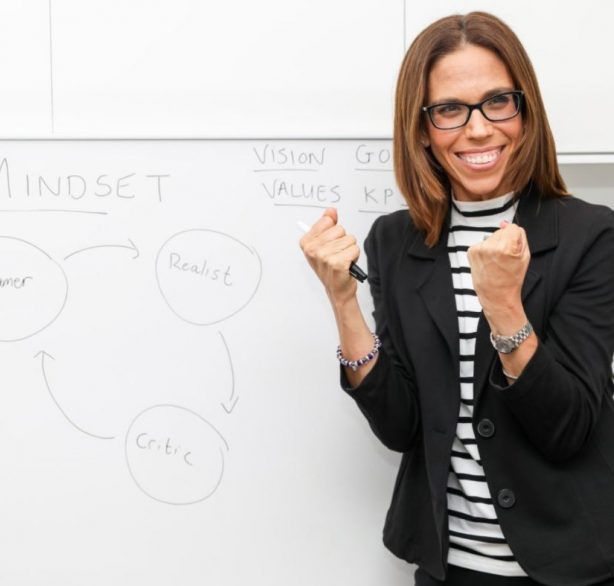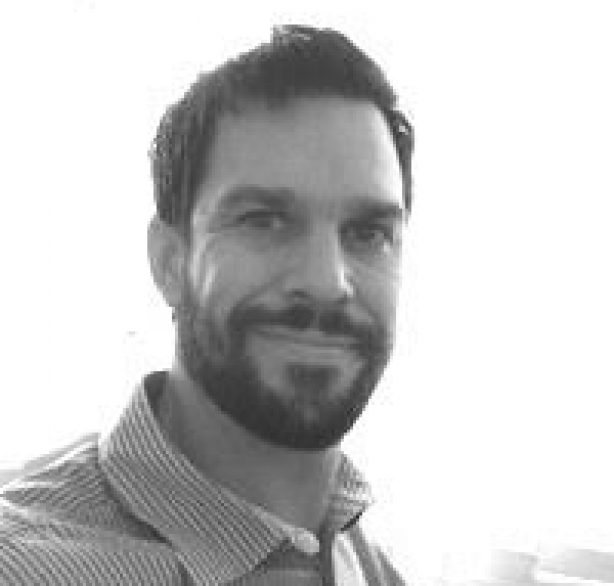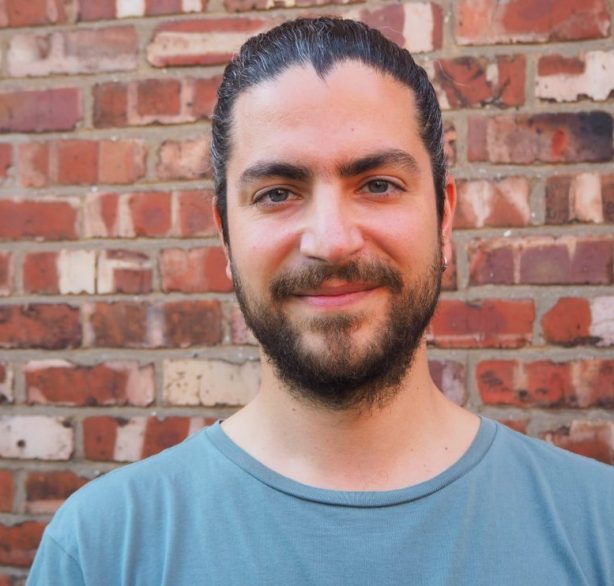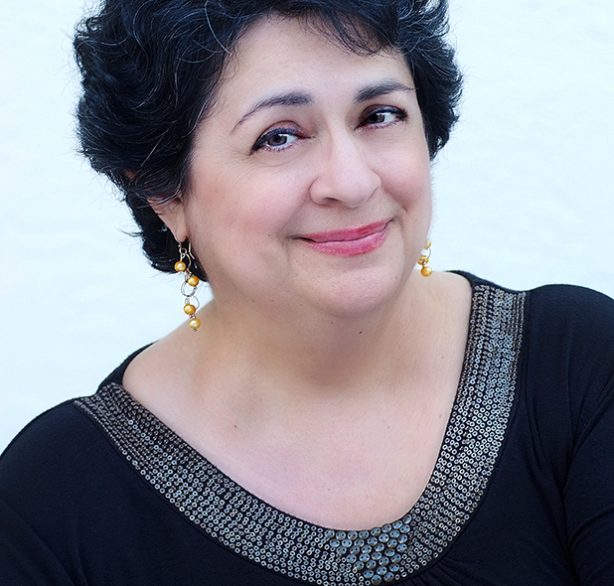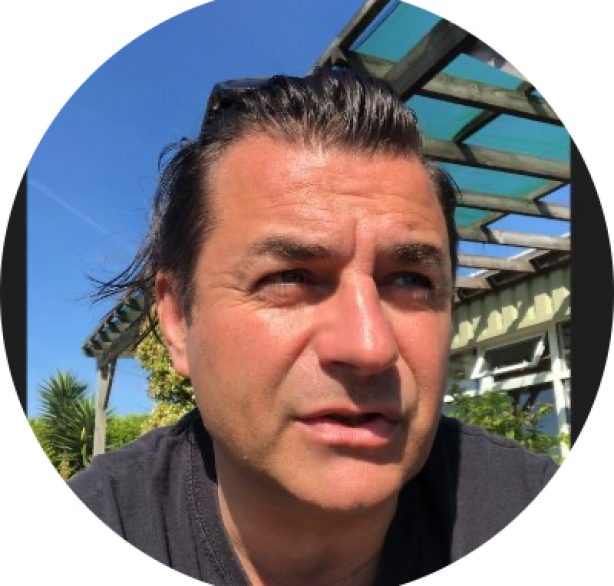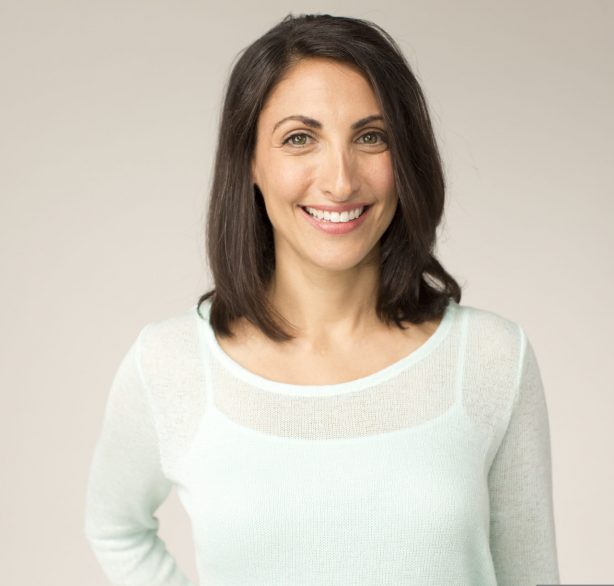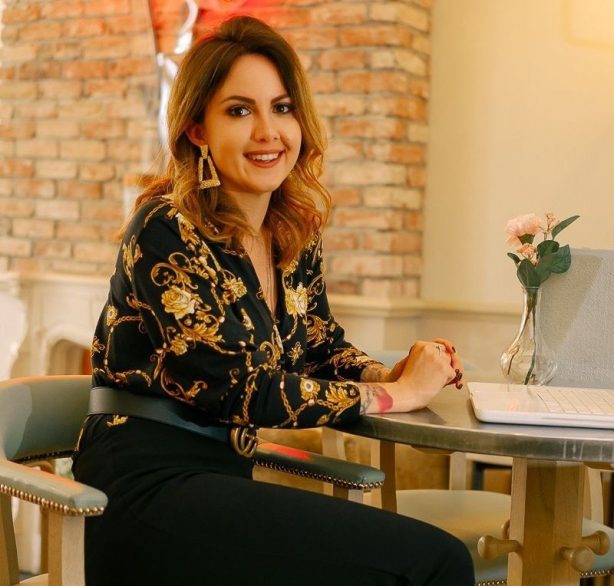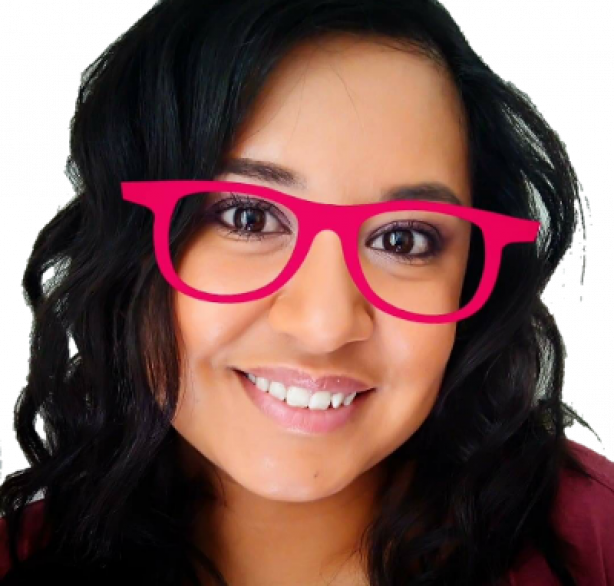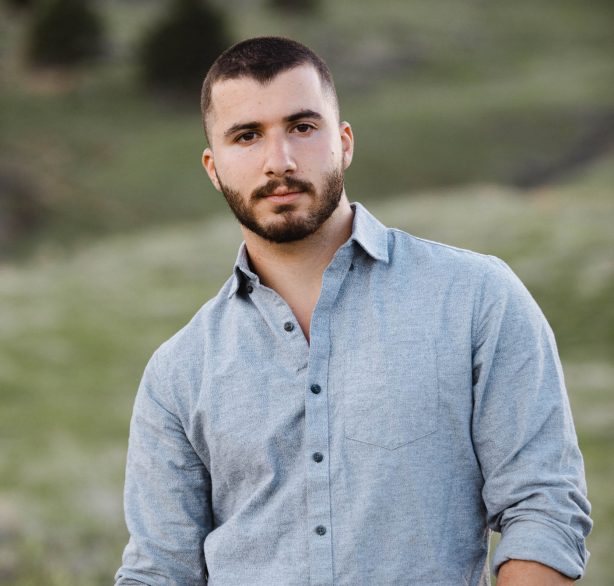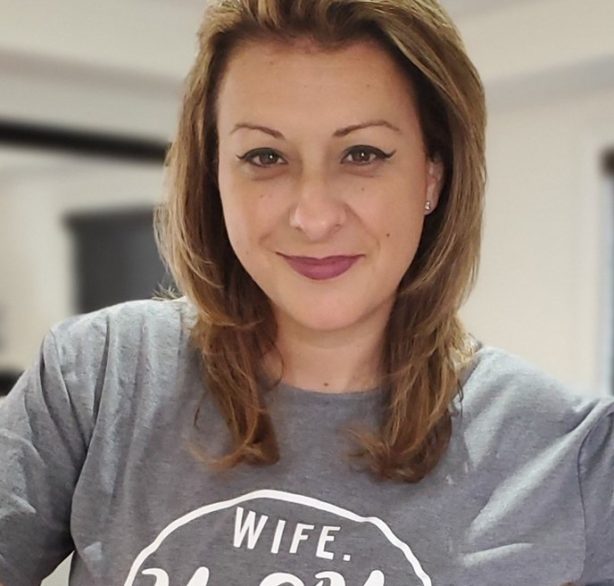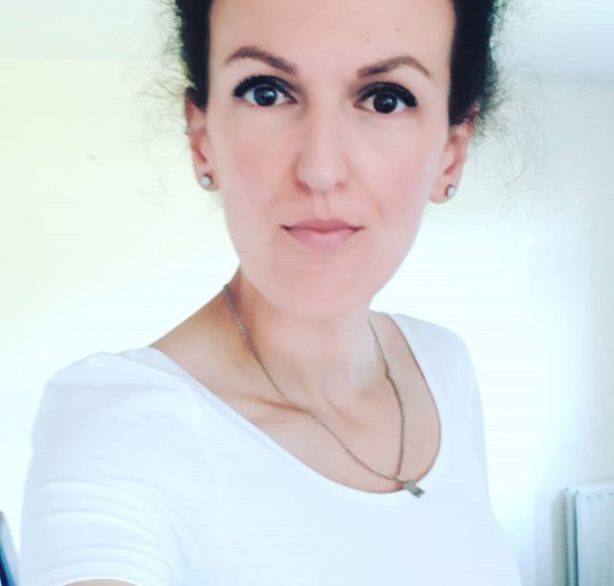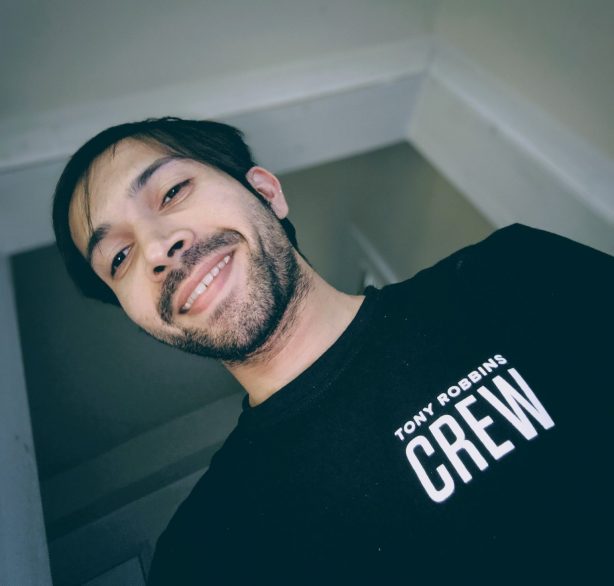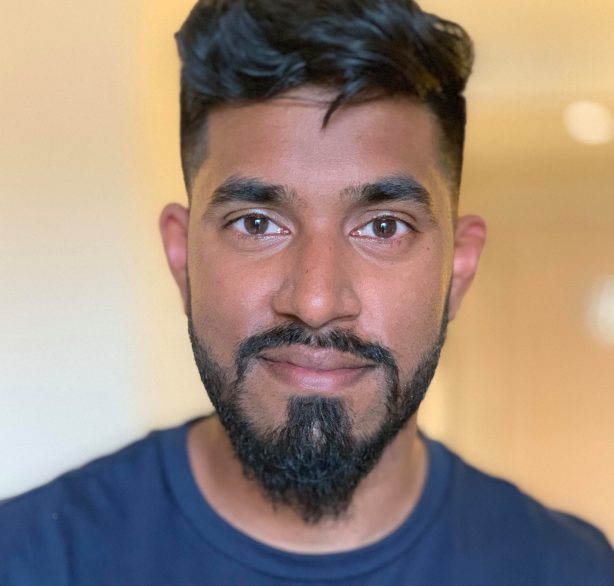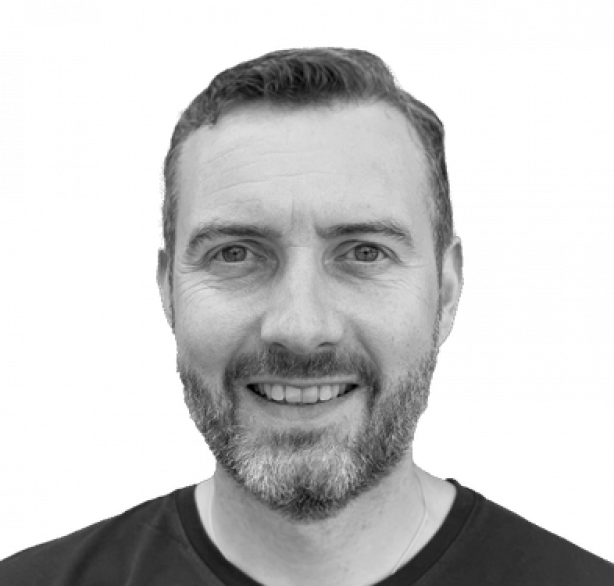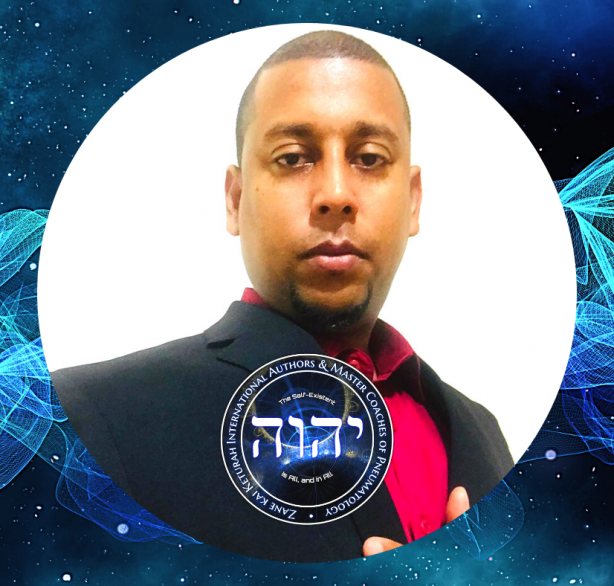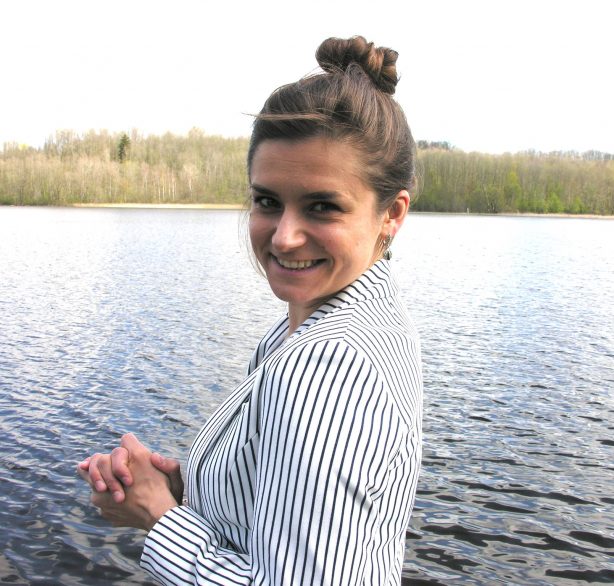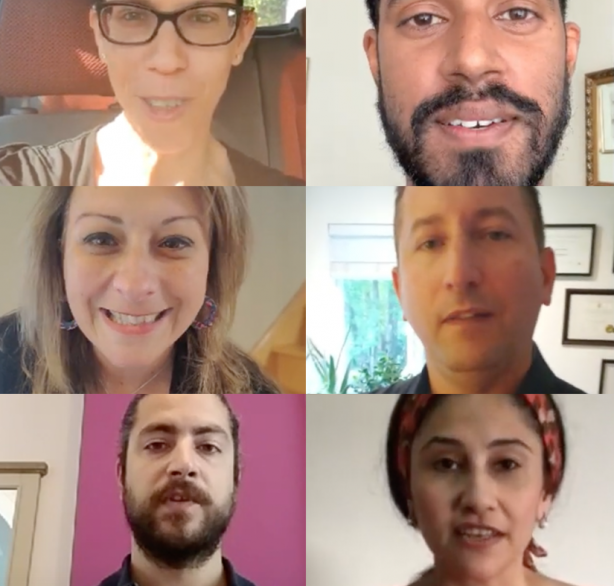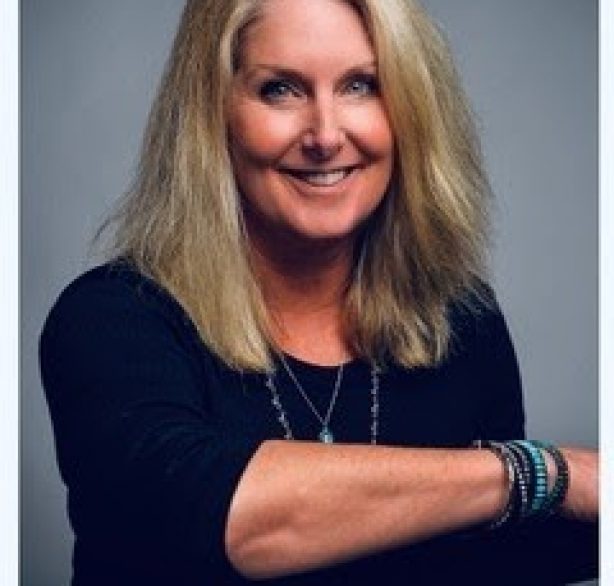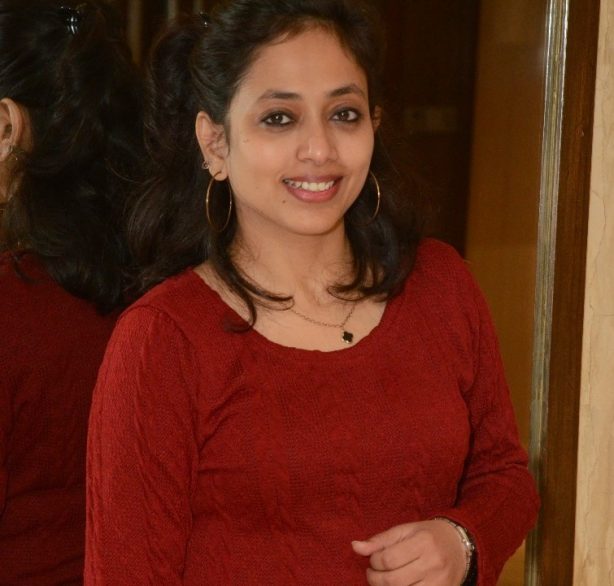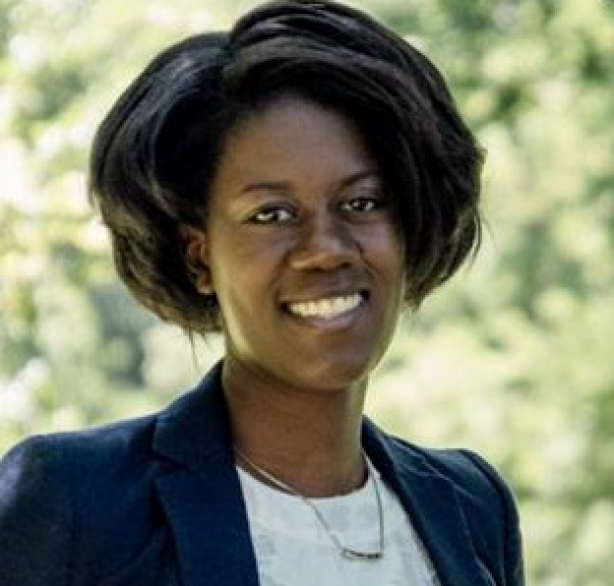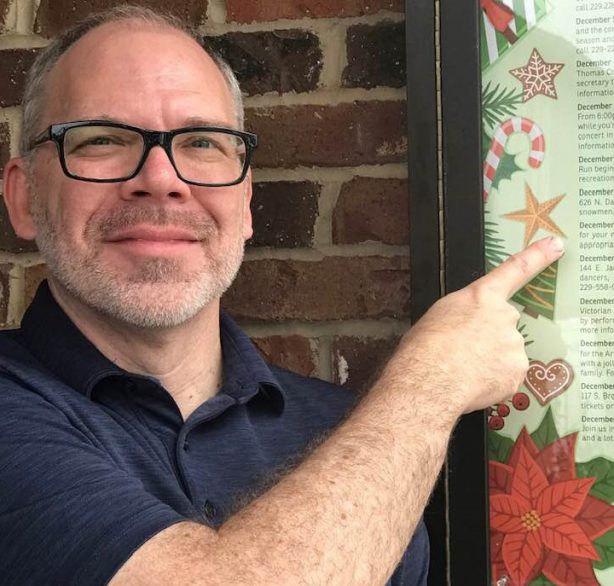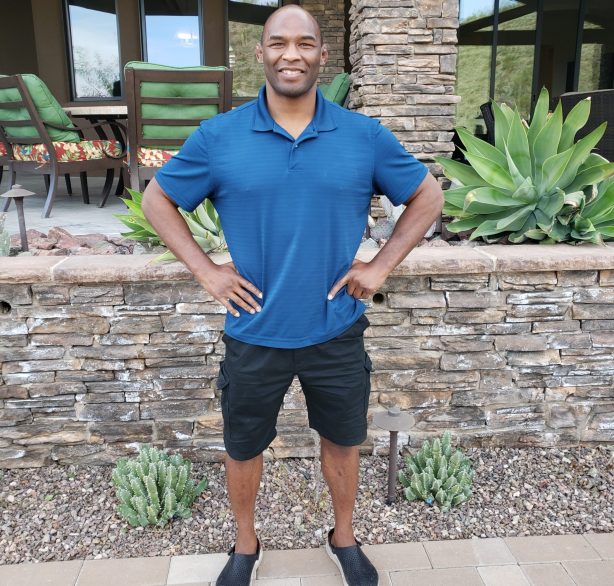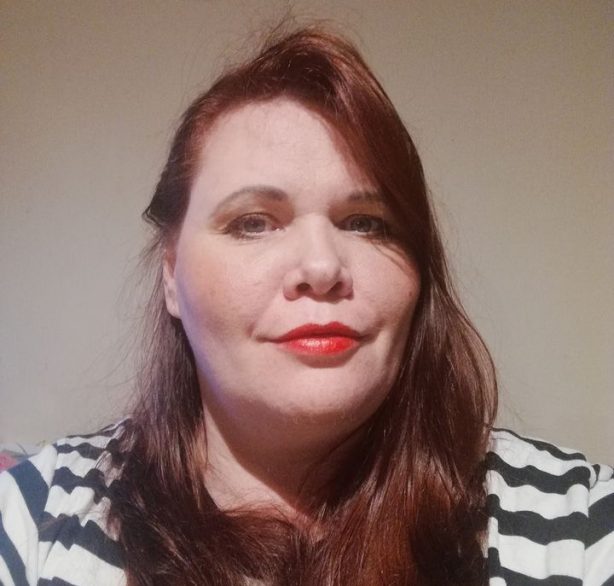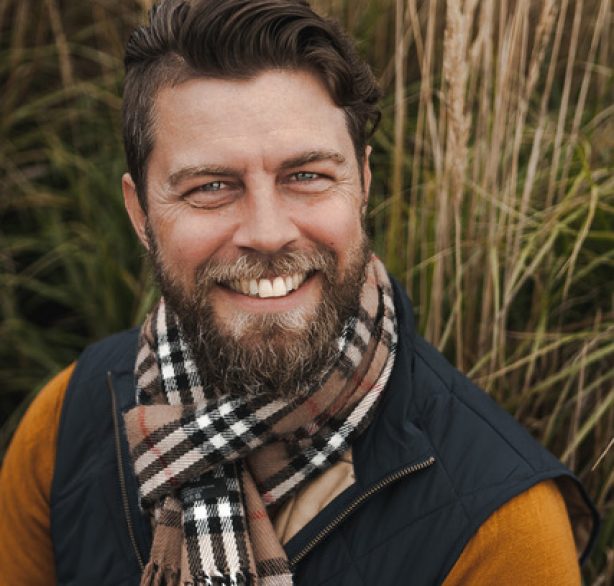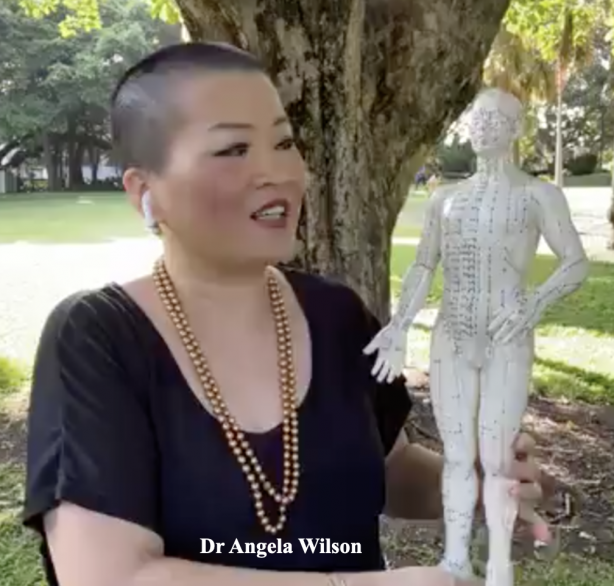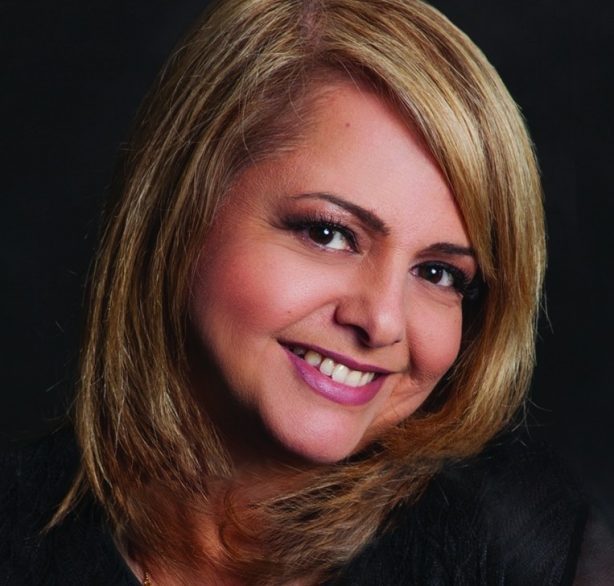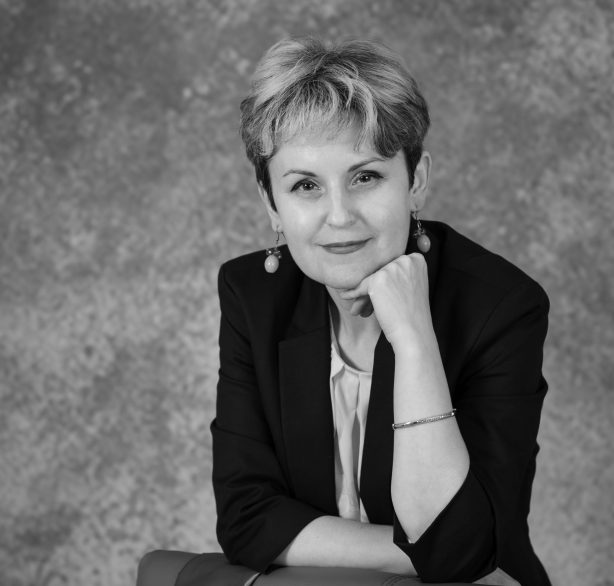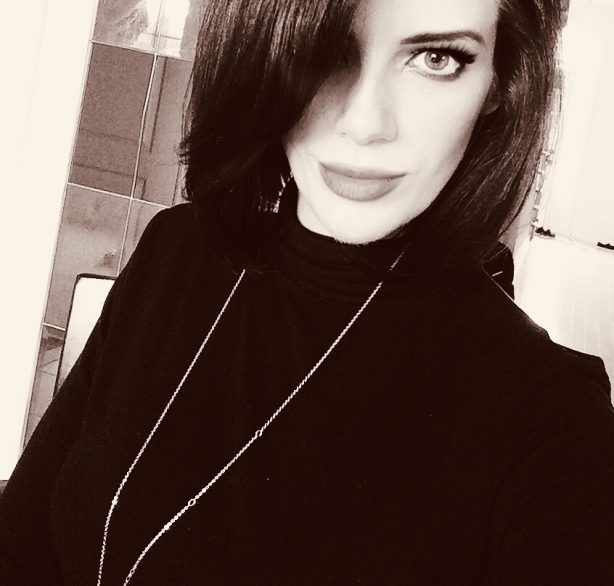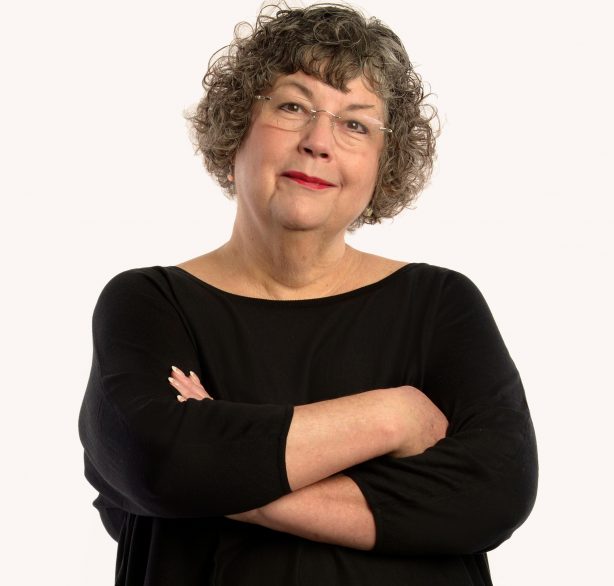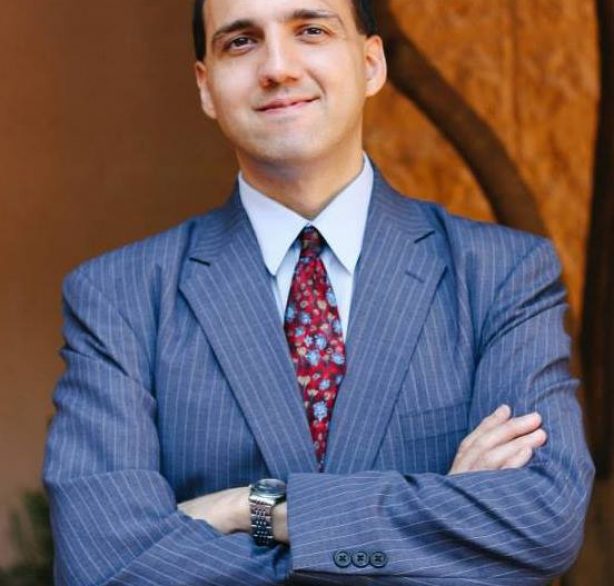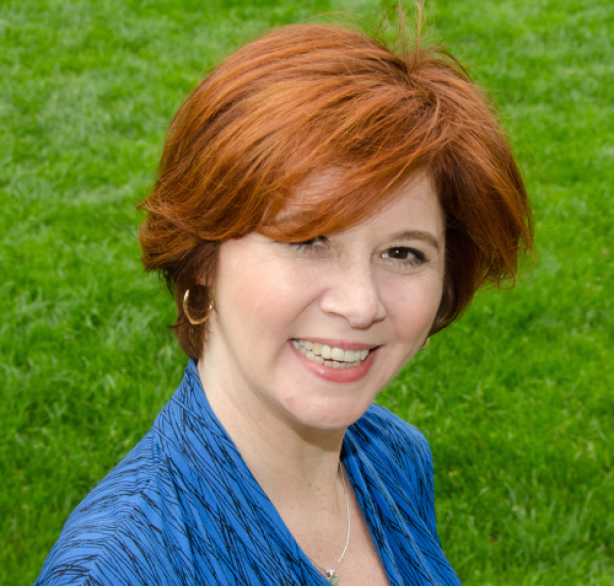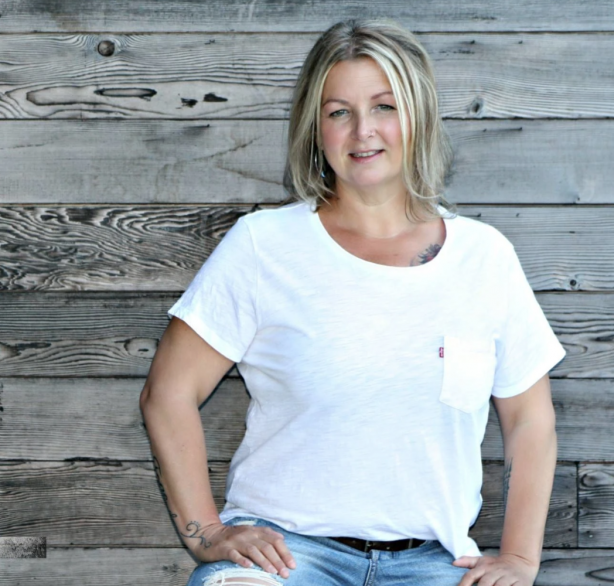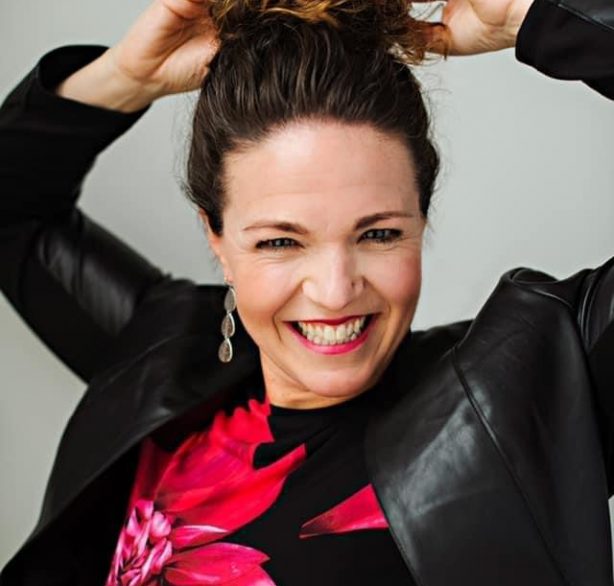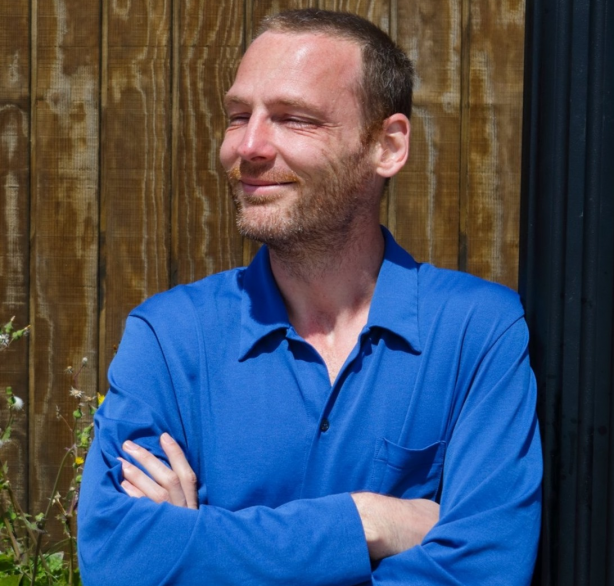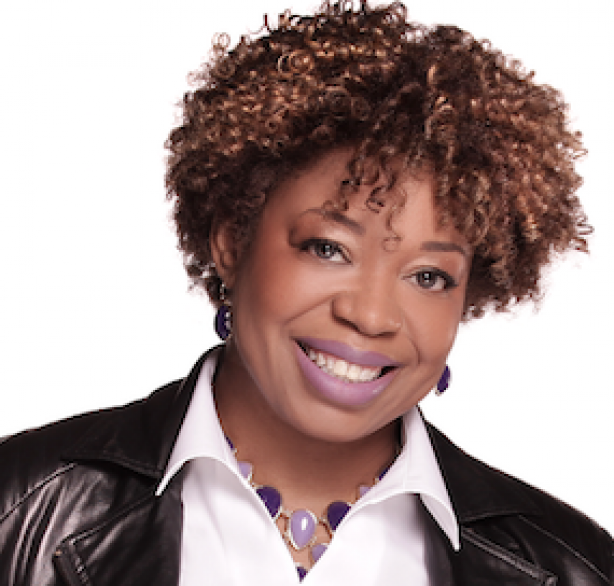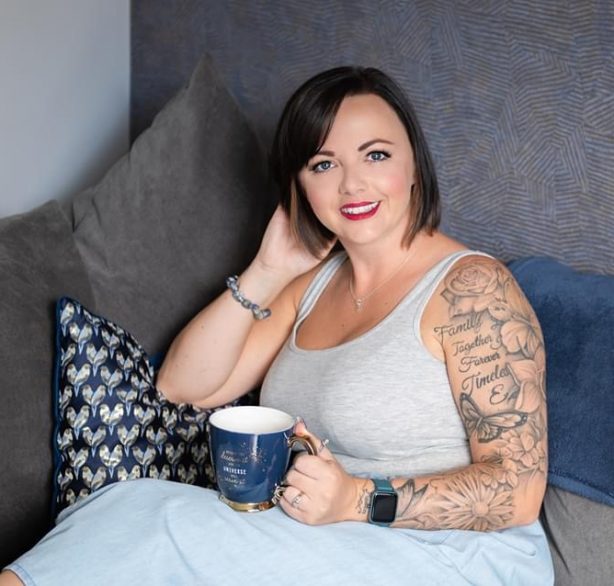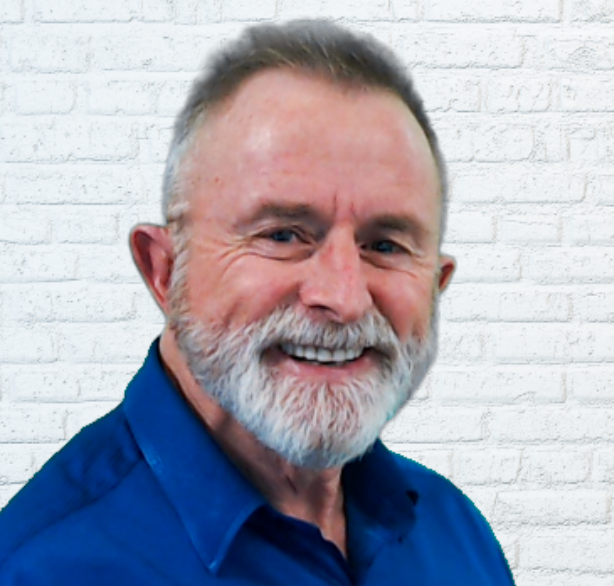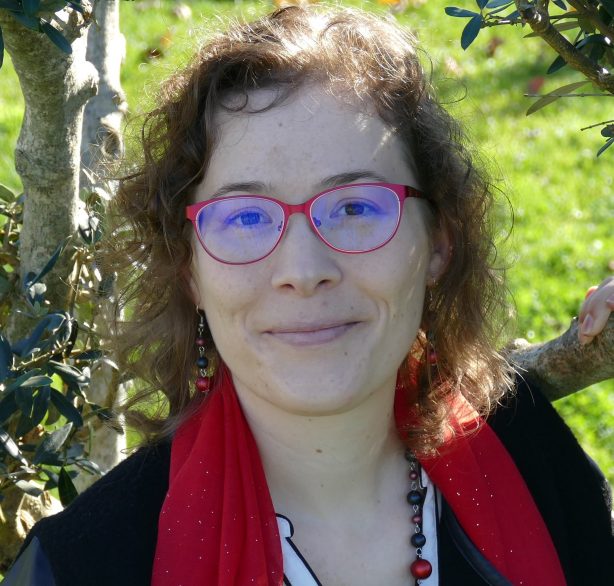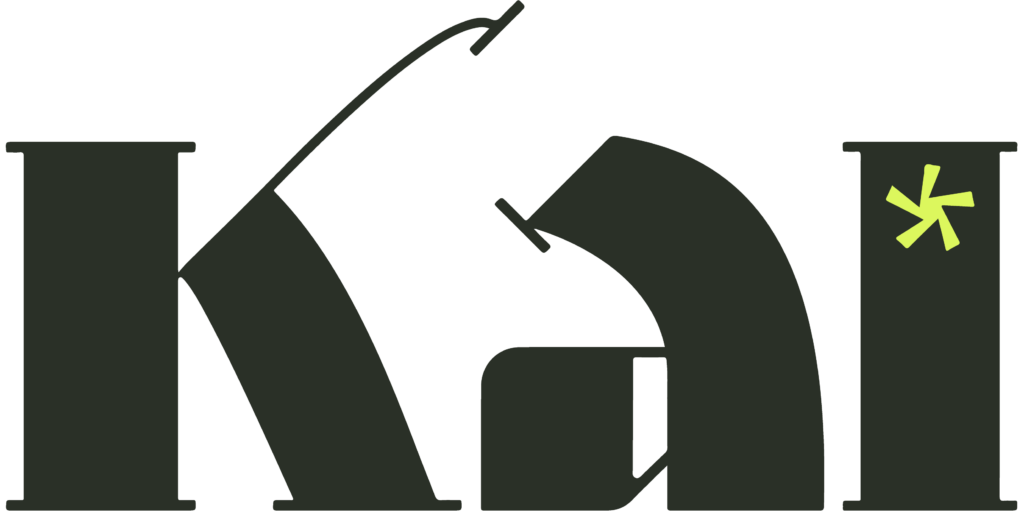Watch the full and inspiring interview with Waseem
If you prefer reading, here is the transcribed interview
Ziv: Hey, I’m Zev Shalev, and this is “On the Journey”. Every week On the Journey explores the intersections of wellness, spiritual inquiry, mental health, personal growth, and purposeful living through the eyes of the people we interview.
Waseem, I’d love to hear about your journey.
Waseem: Absolutely Sir. It’s a pleasure to meet you. First of all thank you very much for having me on this interview.
It’s great to be part of it. For me personally, my journey started, I’d say around about 12 years ago, to be honest, the whole journey into coaching. So I started as a psychology graduate. I knew from an early age I was fascinated by human behavior and things that really triggered my curiosity were why do we do what we do and why do we achieve the things we achieve? Also, why do people not achieve the things that they want to achieve?
So these are the things that really sparked my curiosity. And I think on all of those things, I always had a deep passion for helping people. I realized from a young age I had a burning sense of fulfillment every time I was able to help someone. So I knew I wanted to work with people in some way. I knew I wanted to help people in some way but 12 years ago I didn’t know how I wanted to do it. I just knew that I was studying psychology. And that was a passion.
Multiple years down the line, I think much the same as many people who tend to find themselves in the personal development industry. I went through my own experiences, some may describe as traumas or just experiences, however you want to describe it, but things which shaped me and things which defines my perspective on life.
There are so many different modalities in the world and therapies in the world, and I and I’ve studied many of them and out of all of them I ended up studying life coaching and success coaching was really the practice that resonated with me the most. So when I say life and success coaching, you know, I’m talking about people like Tony Robbins, people like Ken Ramsey, who’s a mentor of mine.
And so that was really my journey in a nutshell. It was from a spark, to some academic studying, life experiences, and guided me towards life coaching. And here I am today as a success coach myself.
Ziv: Wonderful Waseem, wonderful. And so success coach, I think the word success have so many association and connotation with this word success. What does it mean? How do you know what does it mean? And then how do you achieve it?
What does it mean to be a success coach?
Waseem: I think for me,
so if we just take the word success for me success equals being happy. Share on XAnd we today as a, I think, as a society we are so conscious about so many different things, which really are like external validators of what we think are going to create some form of happiness in us. So many of us are focused on things like our finances and our wealth from material goods, having a big house, having a fancy car, having this many followers on Instagram, for example, these are all kind of the externals that so many people in today’s society think of when they think of happiness.
Whereas what I’m trying to reach out and try and my message is that the happiness is already there, it already exists. Whether you have the fancy car house followers or not, whatever it is, the happiness is already there inside of you. It’s an emotion and an emotion is something that we can produce at any given moment. So for me,
success means being able to really be in control of your emotions and choose to create the emotions that you want when you want them. And so that's one big measure of success for me. It's being happy. Share on XZiv: So it’s really interesting. I would love to dive into it because for many people they would say I want to be successful. And I would ask why? And they would say because it would make me happy. And you say, hey success means happiness. So for me to be successful is to be happy and not something that I need to achieve in order to be happy. Maybe the question is, why not happiness, coach? Why do we need success? Why do we need this word?
Waseem: That’s a great question, why not happiness coach? In fact, I’ve heard of that. I’ve heard people calling themselves or branding it as a happiness coach. And so yeah, you’re right. Why not? And I’d like to flip that, lots of people say I’d like to be successful because it will make me happy. And I think the message that I would like to portray going forward is I’m happy and that makes me successful and really, I imagine a world of people saying I want to be happy because then I will be successful.
So it’s just flipping that around. And I think we are starting a journey as a society towards some form of understanding like there’s a deeper understanding of personal development in today’s world. There is a deeper understanding and appreciation for it. And you can see it, by the way, as you’ve said, people call themselves happiness coaches. Even in the HR industry, we have human resource managers now who are now people managers or they are called happiness managers or whatever it is, or head of fun.
I’ve seen all of these kinds of titles thrown around. So there isn’t there is a deeper appreciation for a more humanistic and a more empathetic approach to dealing with people and that’s in a work setting. But I appreciate what you say and I think that’s a great thing. You know, maybe I’m going to have to change the little title on the business to happiness coach.
Ziv: OK, I’m sold. I think that happiness is one of the things if you sell it everyone would like to buy it. How can we become happier? I know it’s a complex question and there are many things that we can and should do, but if you can choose one thing, like for all the things, one thing, what would it be that will make us happier?
Waseem: First and foremost, the main mindset that we need to have if we want to be happy is to go in with gratitude.
And gratitude is something that I practice when I wake up in the morning. If I feel low in the middle of the day, which by the way, happens to everyone, just because someone’s a coach doesn’t mean they’re never going to feel low. And it’s practicing that gratitude, having that a deep appreciation for everything that you currently have, the relationships that you have, or the things that you have experienced, or the things that you are able to wake up to, even the small things like the roof over your head, the food to drink, all of that stuff.
So I think one of the main key ingredients is gratitude. It’s one of these things which is never, it’s not the old adage that goes around in the personal development industry, this isn’t taught in school. We’re going to teach you the stuff that wasn’t taught in school. And as cliche as it becomes it’s the truth.
If from a young age loads of us were taught first thing in the morning amongst all of your other things is to just practice some gratitude for five minutes or 10 minutes. I think that would seriously impact the levels of happiness that we feel on a day to day basis. So that’s the first thing, I think gratitude is the first thing.
Ziv: So I just want to step into it for a second. I would love to hear the second thing, I’m curious already. What you say is like, it’s in a way, it’s counterintuitive. You say for us to be happier, we need to be happy for what we already have.
Appreciate what you already have. Be happy with what you have and it itself will make you even happier. Share on XWaseem: One hundred percent.
There are so many levels of gratitude because when you begin practicing gratitude, I think in the beginning when I started practicing gratitude a few years ago, it was very surface level.
It was I’m thankful for the roof of my head. I’m thankful for my job. I’m thankful for my call, this and that. And so it was very surface level, very kind of material gratitude but the more I practiced it, the more I found myself learning about gratitude. The more I found myself saying things like, I’m grateful for the past experiences I have had, which may have hurt me at the time but have shaped me today because if not for those I would not be where I am today.
So there are so many levels to gratitude. The more you practice it, the more you allow yourself time to invest in it. You find that you unlock levels of happiness in you, which were made years ago, which you are unlocking in the moment, which could have happened a long time ago. So it’s amazing.
Ziv: Definitely. Definitely. A powerful tool that you talked about. And you are about to say about another.
Waseem: Yes, if we’re talking about how do we be happy and we’ve spoken about gratitude, one thing that I teach to my students and my clients are the neuro-associations that we make with things that we perceive as pleasurable and things that we perceive as painful. And so every single day we are making decisions based on what we think we’re going to get pleasure from and based on what we believe is going to lead us to feeling a sensation of pain, whether that’s heartache, misery, sadness or anger, and we will move away from these things.
And so if we really want to understand how do we make ourselves happy? We really should try and understand is what are our beliefs about the world? What are the things that we value in the world? But then what are the decisions we’re making on a day to day basis that is going to lead us to experience pleasurable sensations like happiness or the things that are going to lead us to have painful experiences like sadness and anger, and then learning how to control those, learning how to rewire what we associate with pleasure, rewire what we associate with pain.
I’ll give you a very quick example. Someone who wants to lose weight, for example, may have just not gone to the gym for so long because they’ve been associating the gym with pain, with taking up too much time, with being something which they’re scared to do. So there’s so much pain associated with the gym and with losing weight. That’s why they make the decision to do anything and everything but lose weight.
But if we can control the association we have with losing weight with the gym and find ways to change it into pleasurable associations. At a neurological level, we can rewire ourselves internally to start looking at the gym, losing weight in a pleasurable way, because as humans we do anything to move into pleasure and we will do absolutely anything to move away from pain. So once we can harness these factors, pain and pleasure and use them to our advantage, we can move towards happiness all the time.
And so that’s a core fundamental of what I teach.
Ziv: That’s amazing Waseem and it was a real pleasure to talk with you and interview you. For Sure it rewired my brain in a pleasurable way. Thank you for your time, experience, and knowledge. Thank you, Waseem.
Waseem: Thank you so much Ziv.
Who are you?
Hi! I am Waseem Chady, a happiness coach from London, United Kingdom. After graduating in Psychology and taking my Masters, I dedicated the last 12 years of my life to my fascination of understanding human behavior, why we do what we do, why we don’t achieve what we want to achieve and how we can rewire our minds to help us become the very best version of ourselves.
Like many of you reading this, I’ve suffered multiple traumas in my life from anxiety, depression, and severe anger, to the loss of my father. I’ve experienced emotional abuse in extremely toxic relationships, and even unrelenting procrastination which was killing my dreams of living freely and happily.
I went to and even studied multiple therapies, and took all kinds of medicines, none of which worked for me, and I was on the verge of really giving up on everything when fate led me to life coaching. I was desperate to make positive change in my life so I became a student of life coaching, and never looked back. The rest as they say is history. Life coaching gave me the gift of an anxiety, fear and anger-free life where I can finally feel good about myself, confident and truly happy.
Today I am a certified life/success coach bringing my proven methods to hundreds of clients all around the world.
DISCOVER MORE ABOUT WASEEM ON HIS WEBSITE

